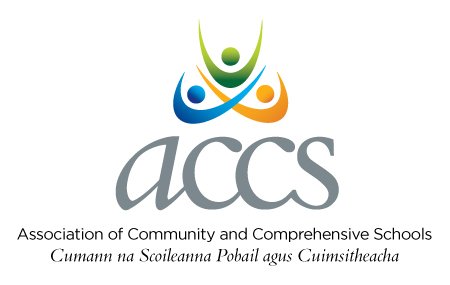18. Payments
Last updated: Tue, Sep 20th, 2016 6:33:17 pm
18.1 The control considerations in relation to payments are:-
segregation of duties - see Section 9 above
there should be two signatories for all school cheques drawn from a panel approved by the Board for the purpose, one of whom should be the Principal. The Board may nominate a replacement for the Principal where s/he is unable to sign cheques.
payments are made only in respect of authorised invoices. Before a payment is made, both cheque signatories should satisfy themselves independently that the payment is properly due by inspecting supporting documentation i.e. original approved invoice and approved order, evidence of satisfactory delivery/performance of goods/services etc.
prompt dispatch of signed cheques
invoices should be stamped ‘Paid’ once payment has issued
adequate controls over cheque books and purchase orders.
adequate records are kept of all payments made, analysed by category
receipts should be retained for all items of expenditure
cash payments should only be made in exceptional cases and for very small amounts and for this purpose, should be agreed by the Board
cheques should be issued in numerical sequence
18.2 The following practices should be prohibited:-
issue of blank/bearer cheques
issue of cheques for cash
advance signing of blank cheques by cheque signatories and the use of stamped signatures
payment by bank draft
payments in respect of a cheque signatory
18.3 There are a range of electronic payment methods available including cheque, direct debit, bank giro, credit transfer etc. Schools should discuss the most cost effective payment methods with their banks and explore how they can maximise the use of electronic payments.
The Board must ensure that appropriate controls are in place for the use of any school credit/debit card, on line banking etc. These shall include appropriate protocols and procedures for the approval of user(s), custody of the card concerned, authorisation of payments, agreed payment limits and the supply of supporting documentation and records.
In line with the auditing principle of segregation of duties, key financial duties and responsibilities need to be divided or segregated among different people to reduce the risk of error or fraud.

